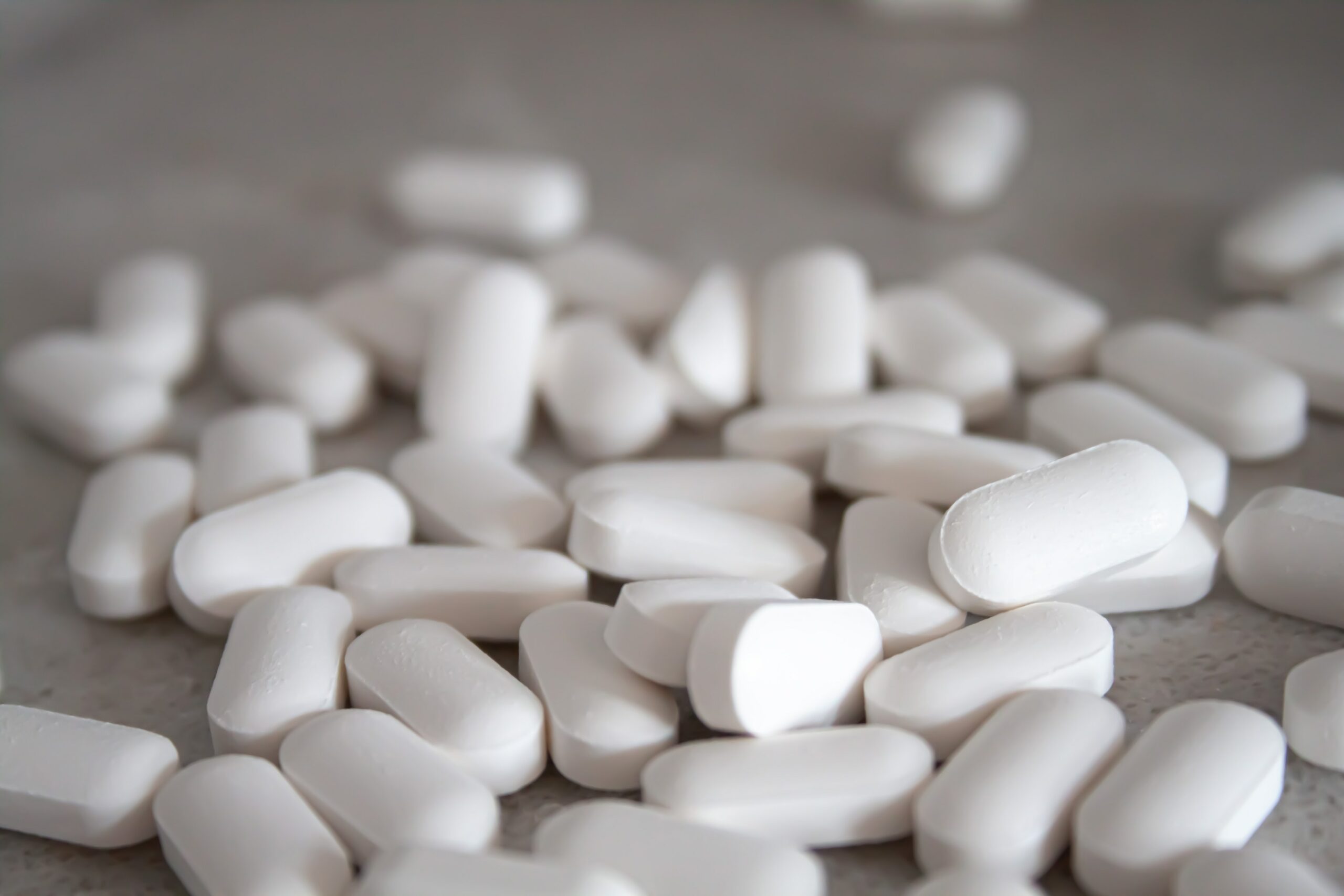Statins have been prescribed to millions of people and are estimated to save many lives each year in England, but people often question whether they should take them. They get a bad press, but for many people they can be a very effective drug with no side effects. In this article we seek to bring to light some of their lesser-known, scientifically proven benefits.
Most people know that statins are very effective at lowering cholesterol levels in the body. They are particularly good at lowering low-density lipoprotein (LDL), also known erroneously as “bad” cholesterol. Lowering your cholesterol levels with statins can potentially help decrease your risk of heart attack and other cardiovascular related diseases. Too much LDL is a surrogate of Apolipoprotein B (Apo B) and this is one of the risk factors that can lead to a build-up of plaque in the arteries that surround your heart. This increases your risk of a heart attack.
However, few people realise that statins have several other benefits. These include:
1. Statins can help stabilise the blood vessel lining or wallpaper (endothelium). This is good for the whole body’s blood vessels. It also makes plaque less likely to form and rupture in the heart arteries, reducing the risk of a heart attack. This is due to antioxidant properties and effects on chemicals that promote endothelial health such as nitric oxide. Statins may also help you make more “baby” endothelial cells for repair.
2. Statins can also enable your body to absorb cholesterol that has already built up in your arteries by improving the cholesterol transfer pathways.
3. Statins may also affect the clotting cascade (less likely to form a blood clot in an artery) by modulating platelets, coagulants and increasing fibrinolysis (clot breakdown).
4. Some people may not have high cholesterol levels, but they may have higher C-reactive protein (CRP) levels. This is a marker of total body inflammation. This can be checked with a simple test. Higher levels have been linked to a higher risk of heart disease. Furthermore, people who have already had a heart attack, who also have higher levels of C-reactive protein, are then more likely to go on to have a second heart attack. Statins can help reduce inflammation and the CRP level. This paper provides more information.
5. Statins can inhibit the growth of tiny new blood vessels (neo-vascularisation). This can prevent plaque growth as new blood vessels can feed the plaque and occasionally rupture (intra-plaque haemorrhage). It has been speculated that this ability to stop new blood vessels growing can also stop tumours from growing too.
If you have any concerns about your heart health, please book a consultation here. We are currently offering a free point of care blood test with every consultation. Results are given immediately. These real-time results provide detailed information on possible levels of diabetes, inflammation and abnormal blood lipids, which can all lead to atherosclerosis.












